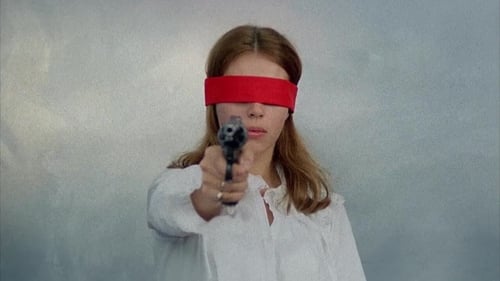
Producer
A group of French students are drawn into the psychological and sexual games of a mysterious Dutchman. Once they sample his "fear powder" the students experience a series of hallucinations.

Producer
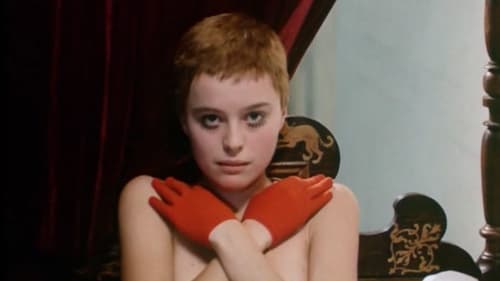
Producer
Feito sob a sombra da invasão soviética na Tchecoslováquia em 1968, este clássico da 'New Wave' tcheca foi suprimido por mais de 20 anos, sendo liberado apenas em 1990. Este selvagem trabalho de vanguarda, retrata um mundo devastado pela guerra, incidindo sobre dois amigos que moram com um senhorio louco que deserdou a Igreja e acabam se envolvendo com uma linda jovem judia abandonada. Os três tentam criar um sentimento de família e de lar, cada um dedicado a reproduzir o tolo, como meio de se distanciarem do horrores que têm absorvido e da loucura do mundo que os rodeia.

Producer
A man may or may not have betrayed a resistance fighter during World War II. He has supposedly been shot down by the Nazis and wanders into town. Mourning the death of an unseen comrade, he is taken in by the family of the dead rebel. He engages in a superfluous affair and witnesses the lesbian relationship between the man's sister and a female servant. When passions subside, the family has doubts about the reliability of the man's story.
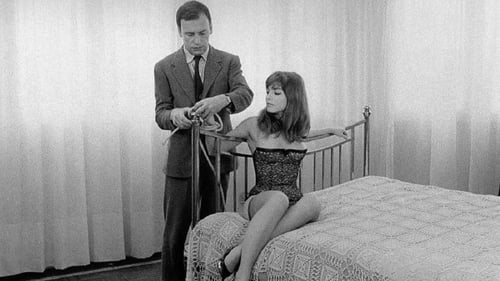
Producer
A film director, Jean, his producer, Marc, and his assistant, Lucette, board the Trans-Europ-Express in Paris bound for Antwerp. Once in their compartment it occurs to them that the drama of life aboard the train presents possibilities for a film, and they begin to write a script about dope smuggling. Subsequently, they see actor Jean-Louis Trintignant walking through the station. As seen through the eyes of Jean, Marc, and Lucette, Trintignant becomes Elias, the chief character in the script. Elias is going to Antwerp to pick up a suitcase of cocaine for delivery to an international organization based in Paris.
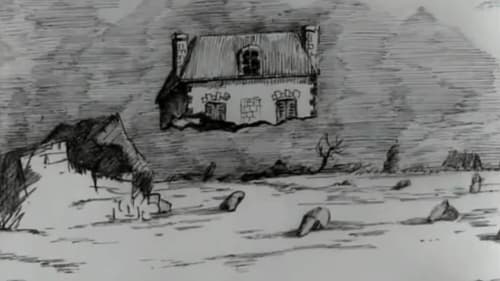
Producer
What is man? Man makes war, man kills man, man hunts, man is executed. A montage mixing original drawings by Topor, original shots and stock shots that ironically analyze what man is.

Producer
Pehlivan focuses on a three-day wrestling competition, an ancient tradition that dates back over a thousand years to the time of the Ottoman Empire, originating in the games the soldiers would play to entertain themselves in between battles. Maybe that's why there's more than a hint of homoeroticism in the way the wrestlers oil themselves up with grease, making sure to cover every inch of their bodies so that their opponents will be unable to get a grip. Pialat's closeups emphasize the men's muscular bodies jammed together and sliding off one another, posed in intimate, twisted arrangements, struggling desperately for a grip on each other's bodies. Arms are jammed down pants, one of the only places there's some potential for a handhold, and the whole thing is very suggestive and sensual, a form of intimate male contact that's sanctioned as a show of strength and masculinity.

Producer
All of Pialat's Turkish films are uniquely interested in the country — especially Istanbul — as it was, not just as it is at the precise moment that Pialat is filming it. History informs these films in a big way, with the voiceover narration (which incorporates excerpts from various authors) introducing tension between the images of the modern-day city and the descriptions of incidents from its long and rich history. Istanbul is probably the most conventional documentary of Pialat's Turkish series, providing a general profile of the titular city, its different neighborhoods, and the different cultures and ways of living that coexist within its sprawling borders. As the other films in the series also suggest, Pialat sees Turkey, and Istanbul in particular, as a junction point between Europe and the East, between the old and the new, between history and modernity.

Producer
Byzance uses a text by Stefan Zweig to describe the Ottoman conquest of the city in 1453. Before he turned to feature filmmaking in 1968 with Naked Childhood, Pialat worked on a series of short films, many of them financed by French television. Byzance is one of Pialat’s six Turkish shorts.

Producer
Short doc by Maurice Pialat. The first film in the series set at Turkey, Bosphore, is also the only one that was shot in color.
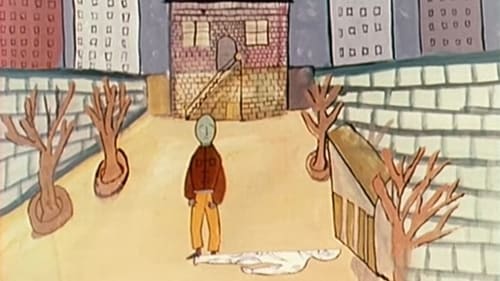
Producer
A slow and ugly fairy tale based on the drawings of inmates at a psychiatric clinic where LaLoux worked.
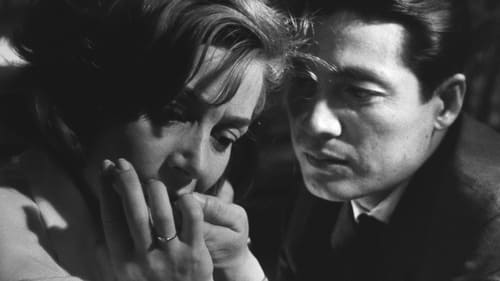
Producer
Hiroshima, 1959. Uma atriz francesa casada (Emmanuelle Riva) veio de Paris para trabalhar num filme sobre a paz. Ela tem um affair com um arquiteto japonês (Eiji Okada) também casado, cuja esposa está viajando. Nos dois dias que passam juntos várias lembranças vêem à tona enquanto esperam, de forma aflita, a hora da partida dela. Ela conta que foi "tosquiada", pois se apaixonou por um alemão (Bernard Fresson) quando tinha apenas 18 anos e morava em Nevers, sendo libertada no dia em que seu amor foi morto, já no final da 2ª Guerra Mundial. Por ter amado um inimigo ela foi aprisionada por sua família numa fria e escura adega e agora, 14 anos depois, novamente sente o gosto de viver um amor quase impossível.
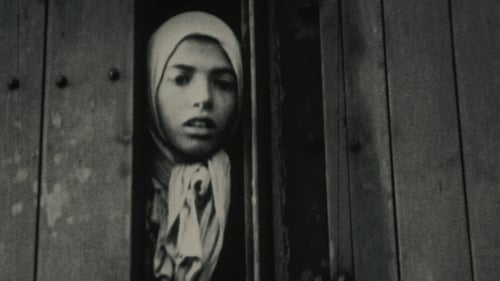
Producer
Filmmaker Alain Resnais documents the atrocities behind the walls of Hitler's concentration camps.

Producer

Producer










